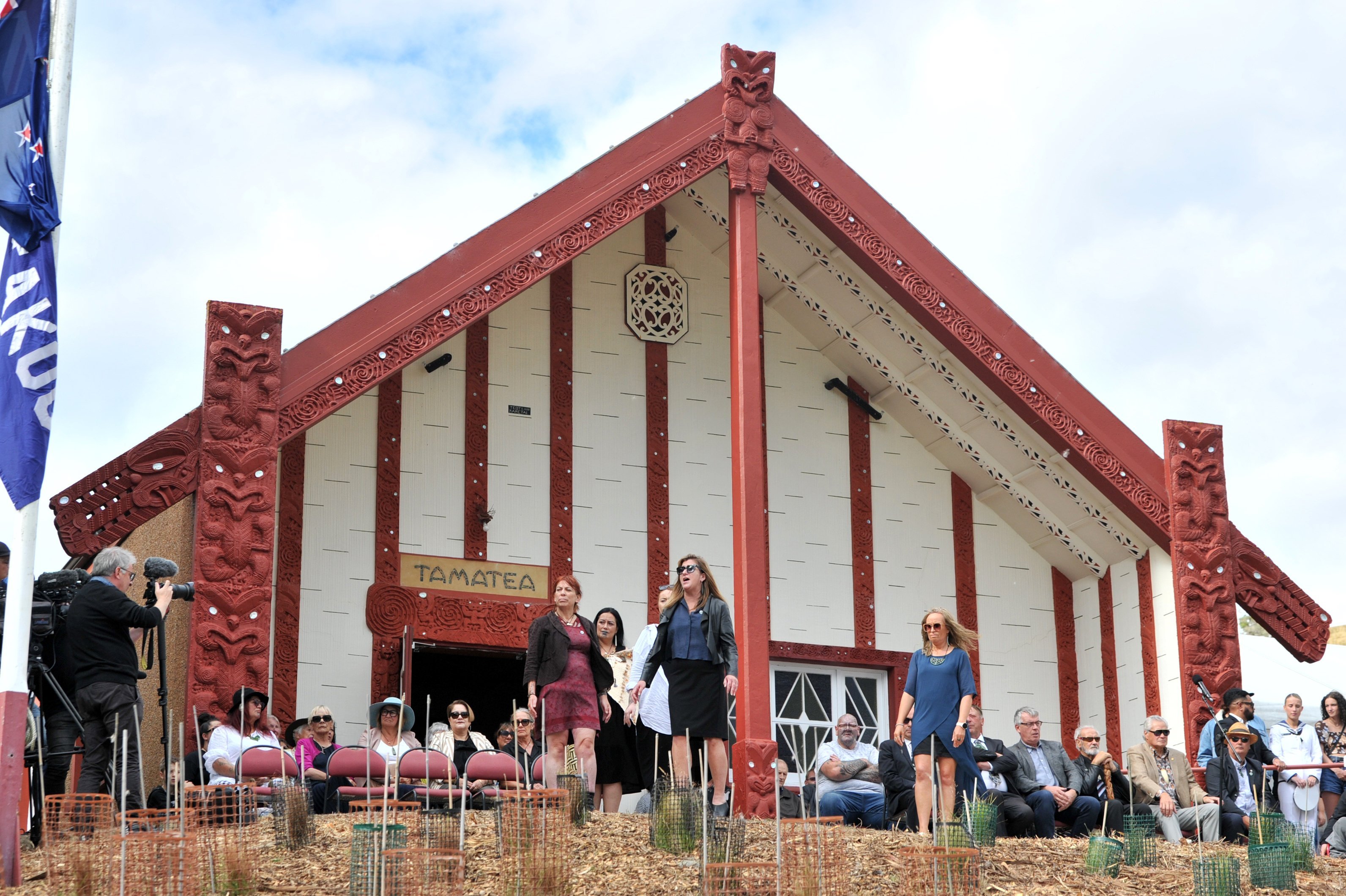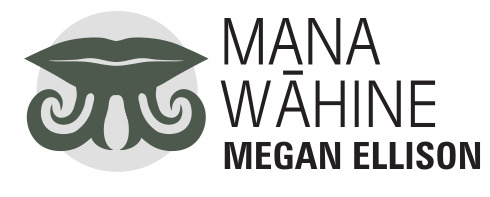
My people, my iwi, my hapū have walked a long way, through the trenches of colonisation, the gutters of severe land loss, the famine of food gathering, the echoes of language death, the amputation of culture and the dark abyss of identity loss, and yet we still remain. We might look a little less Māori and speak like any Pākehā in Dunedin, but we are here and we are not going anywhere either.
I have created three sentries too, three to keep watch over everything we have fought for, three who stand in the watchtower looking out for the next generation and further afield. They may have an easier path ahead of them, but they are what I would describe as hearty, and they have a passion and fire in their belly for their Māori world, their tribal world.

So, to make bookends of the generations of loss and the generation of privilege I have given birth to, I sit in between ... and I was born into a very fortunate time, I was privileged in so many ways, able to learn te reo Māori, able to see the Ngāi Tahu claim to its fruition, raised on my marae and in my village and, trust me, I really do understand how fortunate I was.
My dad did the hard yards, having to learn smatterings of te reo as he navigated a political Māori world and I witnessed that and how difficult that was for him. His generation were the children of veterans from the Māori Battalion and whether this is right or not, they struck me to be the ones who truly suffered in the wake of huge loss. My dad’s generation were keeping any semblance of tikanga alive on the marae or in their community with bastions like burying their dead in a Māori way but hampered by the loss of te reo Māori and many aspects of tikanga.
I observed the way in which they attempted to hold the line as mana whenua in our city and at home and I understand it. They put processes in place that meant they were able to protect cultural practices on the marae including the likes of only having powhiri on our marae. They became gatekeepers of knowledge and followed closely in the footsteps of their elders. My dad was guided by his father and his aunts, two of whom died in their 100th year and could not speak a word of Māori yet were stalwarts in our village and fighters for our Ngāi Tahu claim.
Another observation I made growing up in the thick of this is that there was a distain for North Island Māori. It was a nervousness, I guess, that they were in our community, running amok with tikanga in our backyard and because they were speakers of te reo it reflected back to us our inadequacies. Now I go back to my privileged position and declare this never really bothered me. It did help that I also hail from an iwi in the North Island and that we remain very connected to our relations up north. I thought, well, if you can’t beat them then join them and I made it my job to learn to speak te reo Māori. I remember at one point sitting down and having a conversation in te reo Māori with Clarke Roberts, a kaumatua from the far north who had lived in Dunedin for years. I remember the pride I saw in his eyes, because he knew I came from such huge cultural and language loss and here I was conversing with him in te reo Māori like I had made it back home. It was a moment I will never forget.
I spent many years pondering this issue. But let’s get real here, we don’t need to be scared of North Island Māori. We have come a long way and we have risen up through adversity and are on a journey of embedding te reo back into our communities and clawing back our tikanga. We are known in our city, and we are strong and some would say outspoken. We need to look forward in taking the past with us. Our North Island counterparts are our whanaunga, we have intertwined whakapapa connections to all iwi and we should celebrate that.
I don’t think our cuzzies from Te Ika a Maui question our rights and ability to lay down the law on tikanga or kawa, and if there was a question, I can assure you I have no problem in speaking up. We also need to acknowledge the many marriages between North Island Māori and my Ngāi Tahu people, our children are descendants of that and that is a strength, not a weakness. So, let’s move on from scaremongering and work together, better, stronger, a united front.









